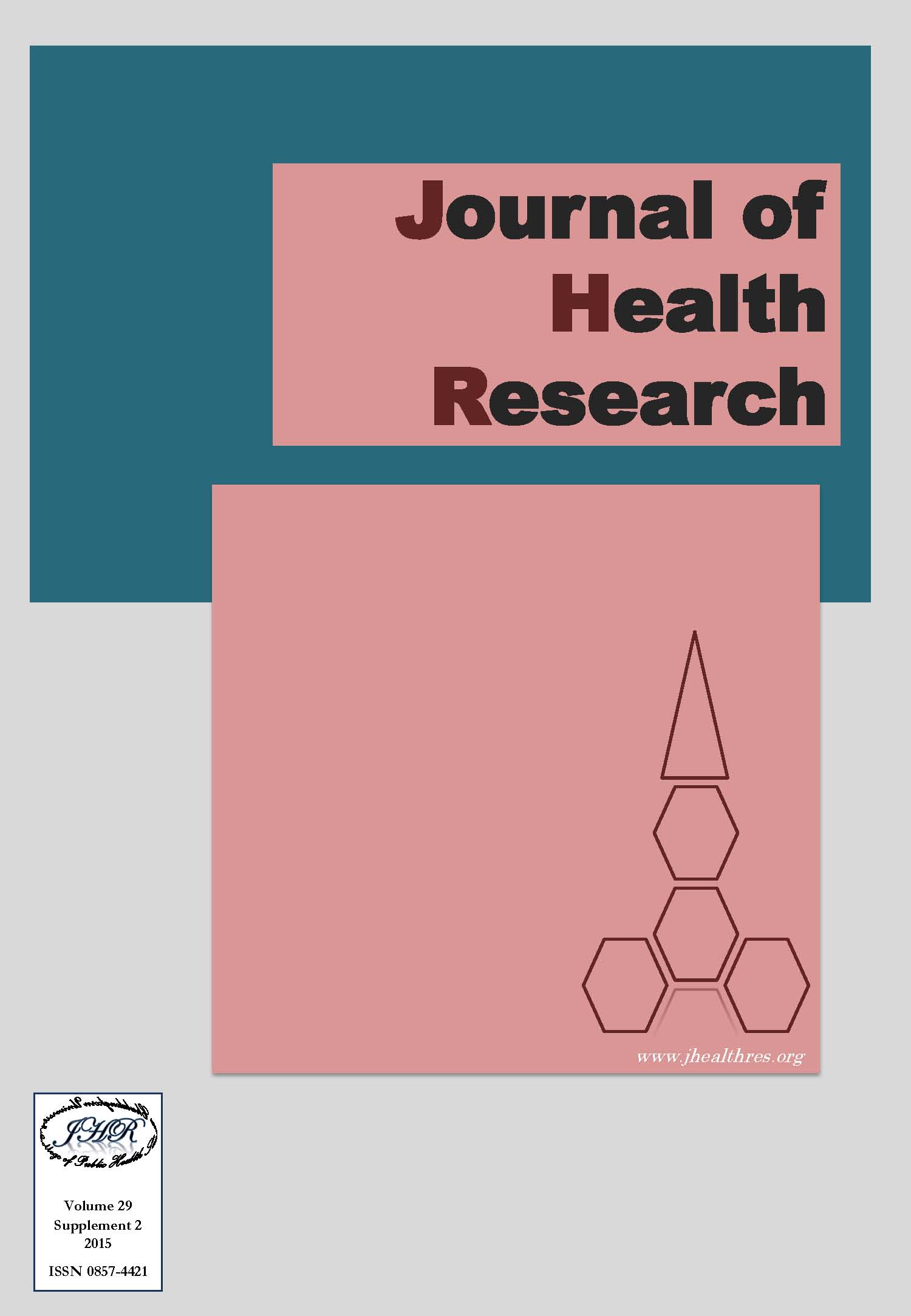Knowledge, attitudes and practices regarding diabetes mellitus among Myanmar migrant workers in Bang Khun Thian district, Bangkok, Thailand
Keywords:
Diabetes mellitus, Knowledge attitudes practices, Myanmar migrant workers, ThailandAbstract
Background: There is an increasing trend of diabetes mellitus in developing countries. Economic development in low and middle income countries makes for increased life expectancy which is in turn related to incidence of non-communicable diseases in people of those countries. Diabetes mellitus is a chronic metabolic disease which affects the population of the whole world. More than 80% of diabetes related deaths are from low and middle income countries (WHO). The purpose of this study is to assess the knowledge, attitudes and practices regarding diabetes mellitus among Myanmar migrant workers in Bang Khun Thian district, Bangkok Thailand.
Methods: A cross-sectional study was conducted in 437 Myanmar migrant workers who resided in Tha Kham sub-district, Bang Khun Thian district of Bangkok metropolitan area during May and June, 2015. Structured questionnaires based on socio-demographic characteristics, awareness, and presence of some risk factors, knowledge, attitudes and practices regarding diabetes mellitus were used in this study. SPSS software was used in data analysis. Frequency, percentage and mean were used as descriptive statistics. Chi square test, least square regression and logistic regression were used as inferential statistics.
Results: Most of the respondents had ever heard of diabetes mellitus. Most of them got good knowledge scores (>80% of total score), moderately positive attitude scores (70-80%) and good practice score (>80%). By interviewing, only three of the respondents reported that they have diabetes mellitus according to the diagnosis by the medical doctor. Most of the respondents have no risk factors for diabetes mellitus according to their family history, pregnancy history in women, smoking status, BMI and status of whether having hypertension or not. There were associations between knowledge, attitudes and practices regarding diabetes mellitus on bivariate analysis. There were positive associations between knowledge and attitude but no association between knowledge and practice on multivariate analysis.
Conclusion: The knowledge and attitude level regarding diabetes mellitus were high in most of the respondents. Most of the males got good practice scores whereas most of the females got poor practice scores. Association between socio-demographic characteristics and awareness, presence of risk factors, knowledge, attitudes and practices regarding diabetes mellitus varied among the individuals.







